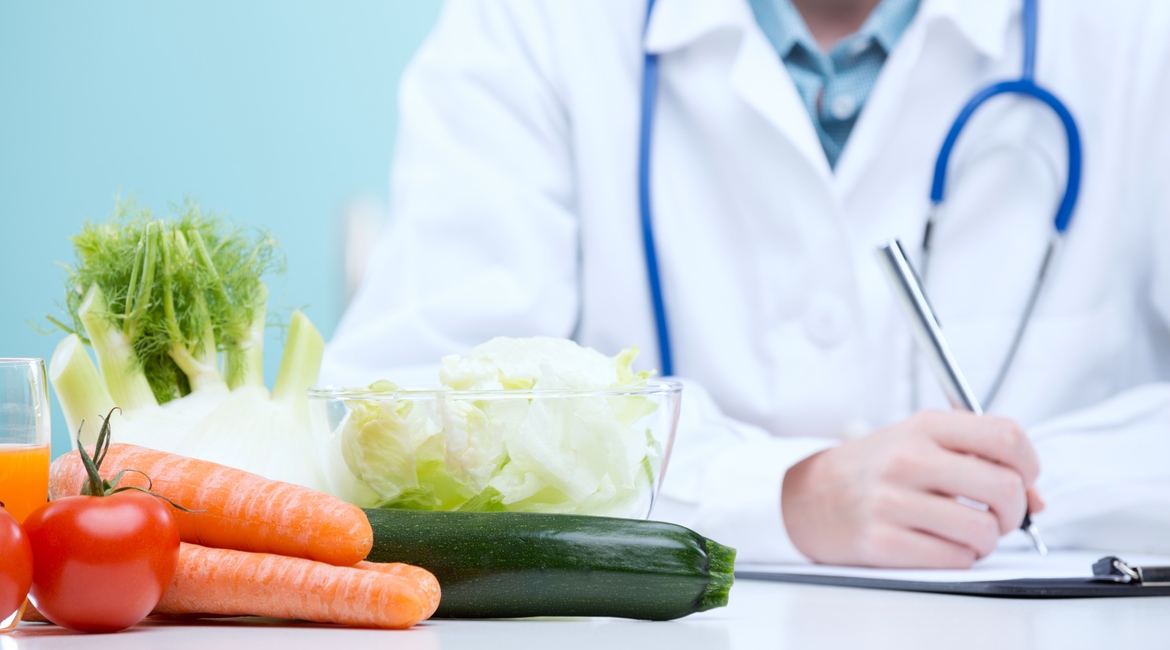Your eyes are your windows to the world, making their health a top priority. While regular check-ups and protective measures are essential, what you feed your body plays a significant role in keeping your vision sharp. The secret to brighter, healthier eyes often lies in the vitamins and nutrients you consume daily.
In this article, we’ll explore five key vitamins for eye health that you simply cannot overlook. By including these nutrients in your diet, you’ll take a proactive step toward maintaining optimal vision and protecting your eyes from potential harm. Let’s dive in!

Vitamins for Eye Health: Why They Matter
Your eyes, like every other part of your body, rely on specific nutrients to function at their best. Vitamins help reduce oxidative stress, fight inflammation, and strengthen essential parts of your eye, such as the retina, cornea, and lens. Without adequate nutrition, your eyes are more prone to conditions like macular degeneration, cataracts, and dry eye syndrome.
Vitamin A: The Vision Hero
Vitamin A is arguably the most well-known vitamin when it comes to eye health. It plays a critical role in maintaining the health of your cornea—the clear front layer of your eye—and supports night vision by helping the retina produce pigments.
Benefits of Vitamin A for Your Eyes
- Prevents night blindness: Helps your eyes adjust to low-light conditions.
- Keeps corneas healthy: Reduces the risk of corneal ulcers and dryness.
- Fights macular degeneration: Protects against age-related vision loss.
Sources of Vitamin A
Incorporate these foods to boost your Vitamin A levels:
- Animal sources: Liver, eggs, and dairy products.
- Plant sources: Carrots, sweet potatoes, spinach, and kale, which are rich in beta-carotene, a precursor to Vitamin A.
Pro Tip: Pair beta-carotene-rich foods with healthy fats like olive oil or nuts for better absorption.
Vitamin C: The Antioxidant Powerhouse
Vitamin C is a water-soluble antioxidant that works wonders for eye health. It fights free radicals, which can damage delicate eye tissues and lead to cataracts and macular degeneration.
Benefits of Vitamin C for Vision
- Prevents cataracts: Reduces the risk of lens clouding.
- Strengthens blood vessels in the eye: Keeps capillaries healthy, ensuring proper blood flow to the retina.
- Boosts collagen production: Supports the structural integrity of the cornea and sclera (the white of the eye).
Top Food Sources of Vitamin C
Boost your intake with these options:
- Citrus fruits like oranges, lemons, and grapefruits.
- Bell peppers, broccoli, and strawberries.
- Leafy greens such as kale and spinach.
Quick Snack Idea: Toss fresh spinach and strawberries in a salad for a double dose of Vitamin C.
Vitamin E: Protecting Eye Cells
Vitamin E is a fat-soluble antioxidant that protects your eye cells from oxidative damage caused by free radicals. This is particularly important in reducing the risk of cataracts and age-related macular degeneration (AMD).
Benefits of Vitamin E for Eye Health
- Protects retinal cells: Reduces oxidative stress in the retina.
- Combats AMD: Lowers the likelihood of vision loss as you age.
- Moisturizes dry eyes: Improves tear production and reduces irritation.
Best Sources of Vitamin E
Add these to your diet for a Vitamin E boost:
- Nuts and seeds, such as almonds, sunflower seeds, and hazelnuts.
- Vegetable oils, like sunflower and safflower oil.
- Green vegetables like spinach, broccoli, and avocados.
Did You Know? A handful of almonds daily can meet nearly 50% of your recommended Vitamin E intake.
Vitamin D: The Unsung Hero for Eye Health
While Vitamin D is more commonly associated with bone health, its role in eye health is equally important. A deficiency in Vitamin D has been linked to dry eyes, inflammation, and an increased risk of AMD.
Benefits of Vitamin D for Vision
- Reduces inflammation: Eases symptoms of dry eye syndrome.
- Supports retinal health: Promotes overall eye function.
- Improves immunity: Helps protect against eye infections.
Sources of Vitamin D
You can get Vitamin D from:
- Sunlight exposure (10–15 minutes daily).
- Fatty fish like salmon, mackerel, and sardines.
- Fortified foods, including milk, orange juice, and cereals.
Tip for Winter Months: Consider a Vitamin D supplement if sunlight is scarce in your region.
Vitamin B Complex: The Multitasker for Healthy Vision
The B vitamins, particularly B1 (thiamine), B2 (riboflavin), B6, B9 (folate), and B12, are crucial for maintaining nerve health and reducing the risk of eye disorders like glaucoma and macular degeneration.
Key Benefits of Vitamin B Complex
- Prevents glaucoma: Reduces intraocular pressure and supports optic nerve function.
- Combats AMD: Lowers homocysteine levels, a risk factor for vision loss.
- Promotes healthy tear production: Reduces symptoms of dry eye.
Sources of Vitamin B
Ensure your diet includes:
- Whole grains, legumes, and nuts.
- Dairy products like milk and cheese.
- Lean meats, eggs, and leafy greens.
Pro Tip: Pair Vitamin B-rich foods with a well-balanced diet for maximum effectiveness.
How to Incorporate These Vitamins into Your Diet
Create an Eye-Friendly Meal Plan
Here’s a simple guide to ensure your meals are packed with eye-boosting vitamins:
- Breakfast: A smoothie with spinach, orange juice, and a handful of almonds.
- Lunch: Grilled salmon with a side of sweet potato and steamed broccoli.
- Snack: Carrot sticks with hummus or a handful of sunflower seeds.
- Dinner: A spinach salad with avocado, grilled chicken, and a citrus dressing.
Consider Supplements
While it’s best to get your vitamins from food, supplements can be a convenient option, especially if dietary restrictions make it challenging to meet your daily needs. Consult your healthcare provider before starting any supplement regimen.
5 Vitamins Good for Eye Health: Wrapping It Up
Your eyes work tirelessly to bring you the beauty of the world around you. By prioritizing these five essential vitamins—A, C, E, D, and the B Complex—you’re taking a proactive approach to safeguarding your vision. A balanced diet, regular exercise, and annual eye exams are all part of the equation for long-lasting eye health.
FAQs
What are the best vitamins for improving vision naturally?
The best vitamins for vision include Vitamin A, Vitamin C, Vitamin E, Vitamin D, and B Complex vitamins. These nutrients support eye health by reducing inflammation, preventing oxidative damage, and promoting healthy tissue function.
Can taking supplements improve eye health?
Yes, supplements can improve eye health, especially if your diet lacks specific nutrients. However, it’s always best to focus on getting vitamins from food and consult with a healthcare professional before using supplements.
Which foods are good for better eyesight?
Foods like carrots, sweet potatoes, spinach, citrus fruits, almonds, and salmon are excellent for eye health as they are rich in essential vitamins like A, C, and E.
How does Vitamin A help with night vision?
Vitamin A helps your retina produce rhodopsin, a pigment that improves your ability to see in low light and prevents night blindness.
Is Vitamin D deficiency linked to eye problems?
Yes, Vitamin D deficiency can lead to dry eyes, inflammation, and an increased risk of age-related macular degeneration.
Are there any lifestyle tips for better eye health?
Absolutely! Eat a nutrient-rich diet, wear UV-protective sunglasses, stay hydrated, take breaks from screens, and have regular eye check-ups to maintain healthy eyes.


